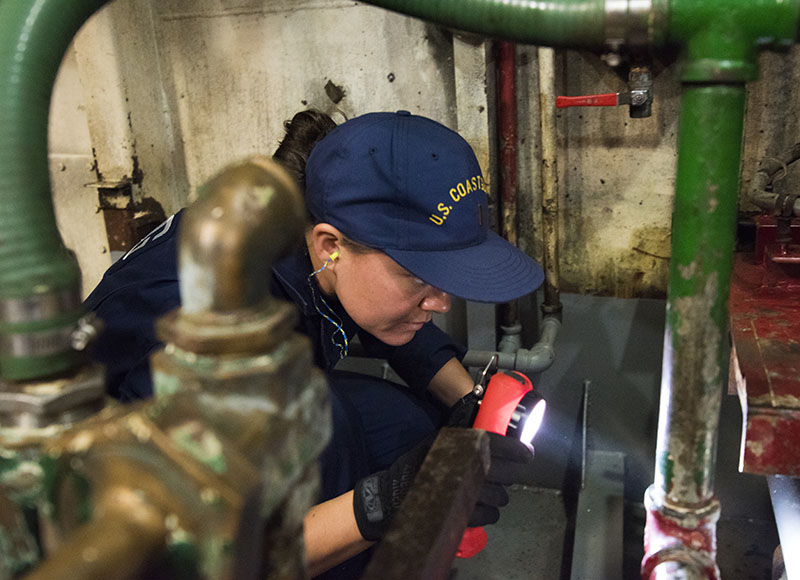Each year, the Coast Guard and passenger vessel operators in many parts of the country go through annual inspections prior to seasonal start-ups.
This can a very stressful time for operators that have pending charters and are under pressure to get vessels back up and running and generating revenue. In many cases these inspections go smoothly with just minor changes that the inspector and operator agree to. This is the way things should go. But this year (2015) I have been hearing far too many stories about overzealous inspectors who are writing CG-835s (Notice of Merchant Marine Inspection Requirements) that contain long lists of seemingly minor corrections that sometimes result in “no-sails.”
Sometimes the 835s are the result of confusion between old and new regulations or sometimes Coast Guard inspectors misinterpret regulations due to inexperience. Regulations are often difficult, and your inspector may not always correctly interpret the rules. So, what is your recourse when an inspector asks for corrections for items that had been approved by inspectors for many years? In many cases, it is an understanding or agreement between the operator and the inspector based on regulation.
Do your research and ask for help whenever you have a question. I ask other operators for advice and seek guidance from the Passenger Vessel Association, who has experienced staff to help out.
Communication is also important. Be sure that you know your Coast Guard chief of inspection, OCMI (Officer in Charge of Marine Inspection) and sector commander. If you are not successful solving your problem with the inspector, don’t hesitate to call the Coast Guard office to request an immediate meeting with the inspector and his or her commanders to discuss the issue. Offer a defense, give your position and know the facts.
If you are unsuccessful at the local level, don’t be afraid to appeal the decision up the Coast Guard’s chain of command.
(Editor’s note: This blog first appeared in the August 2015 issue of WorkBoat. Recently, the Coast Guard developed a new form, CG-835V, Vessel Inspection Requirements, which was specifically tailored to capture more detailed deficiency data that is aligned with globally accepted Port State Control methodologies.)




